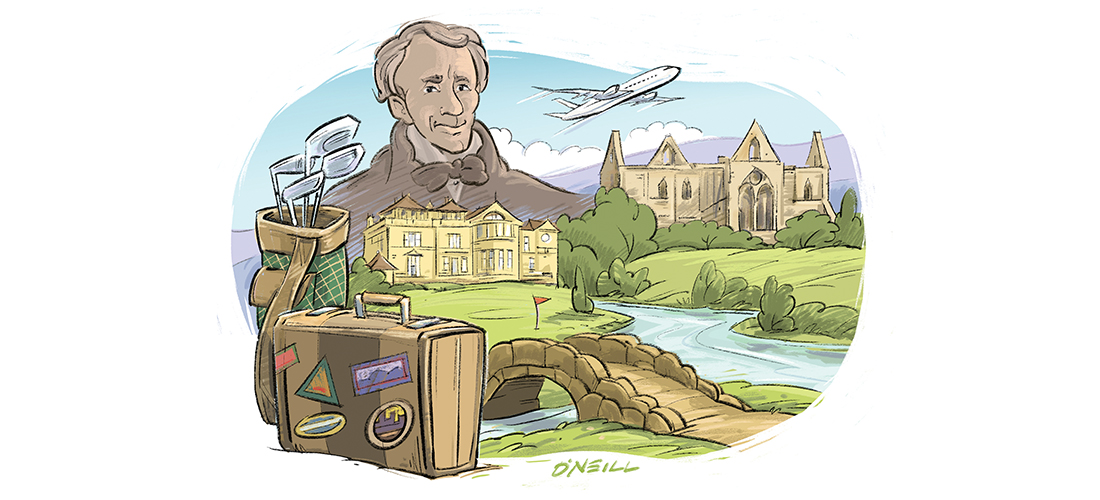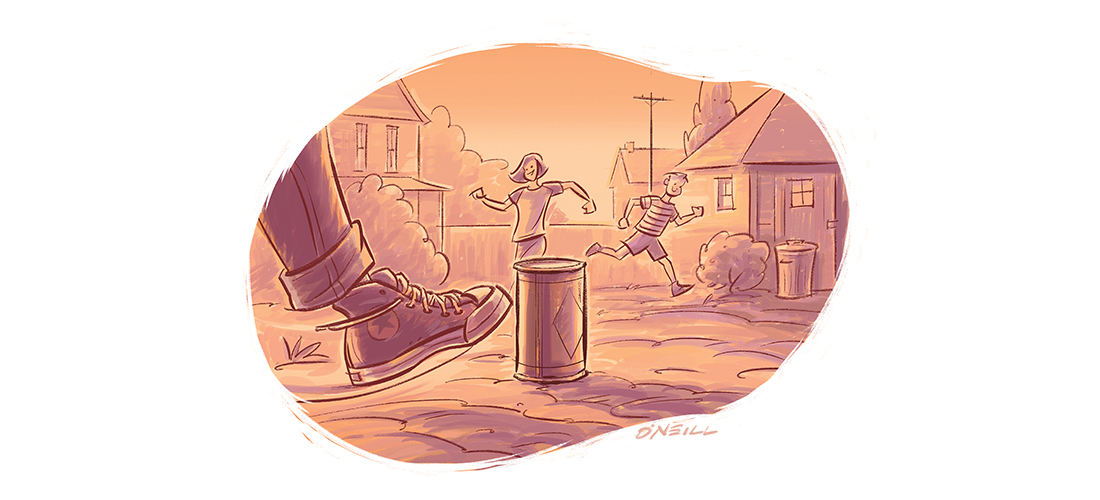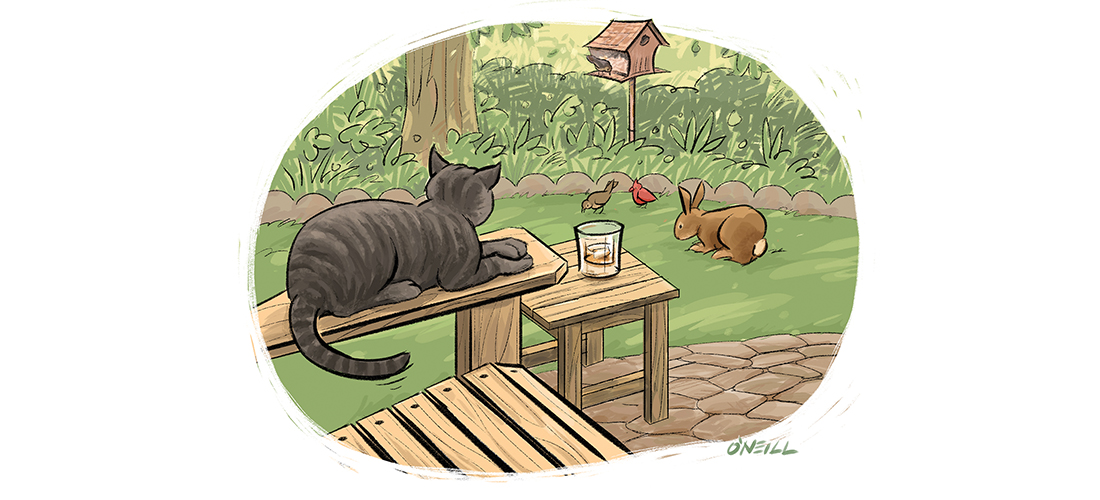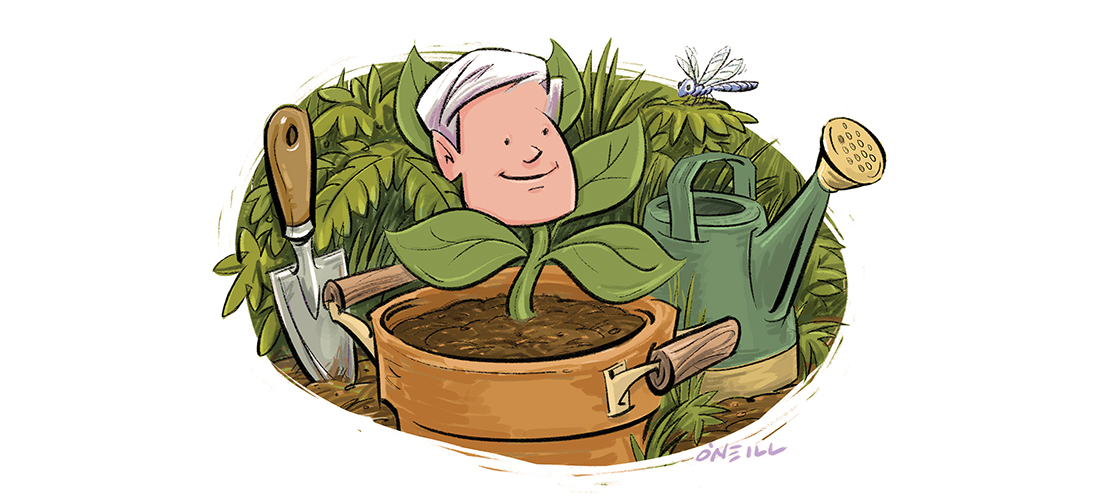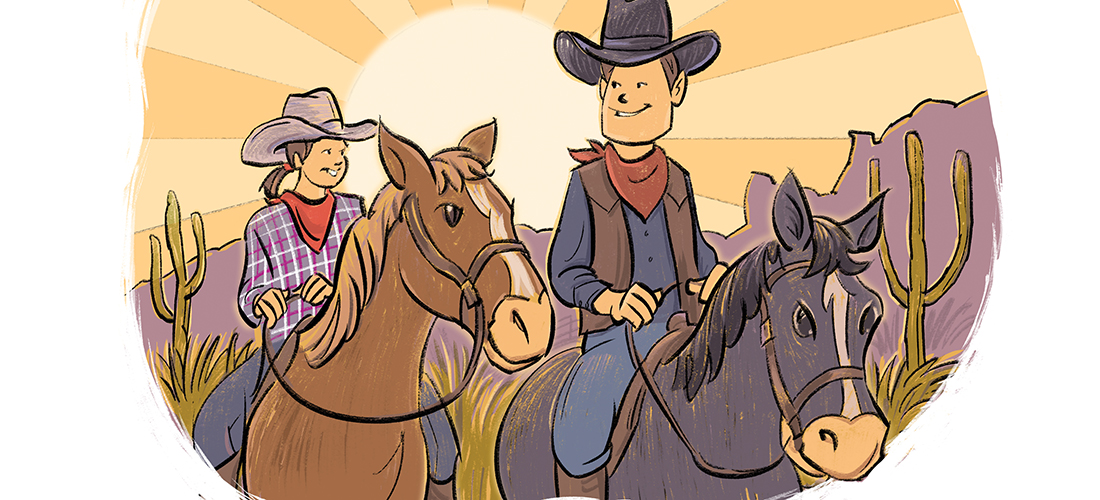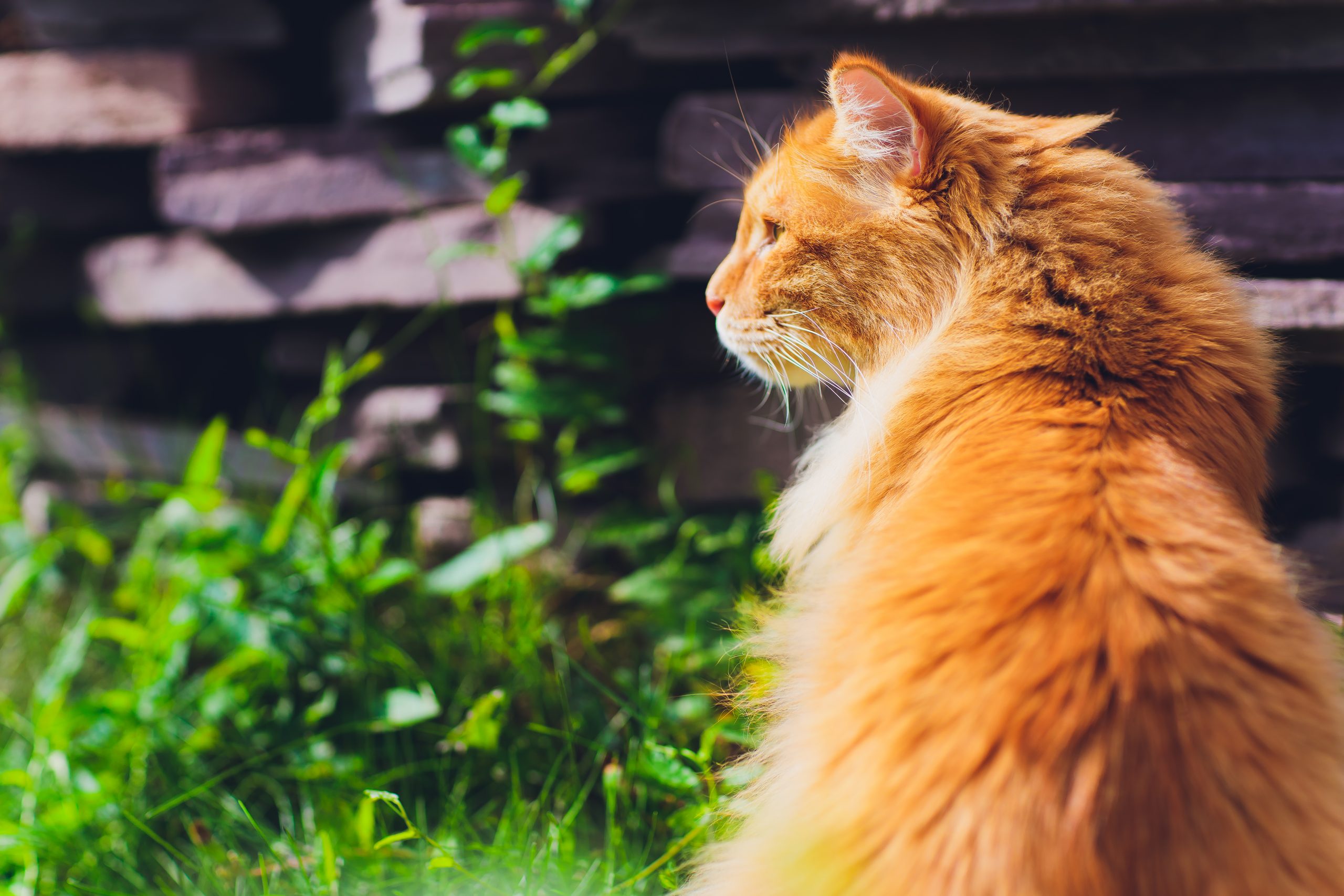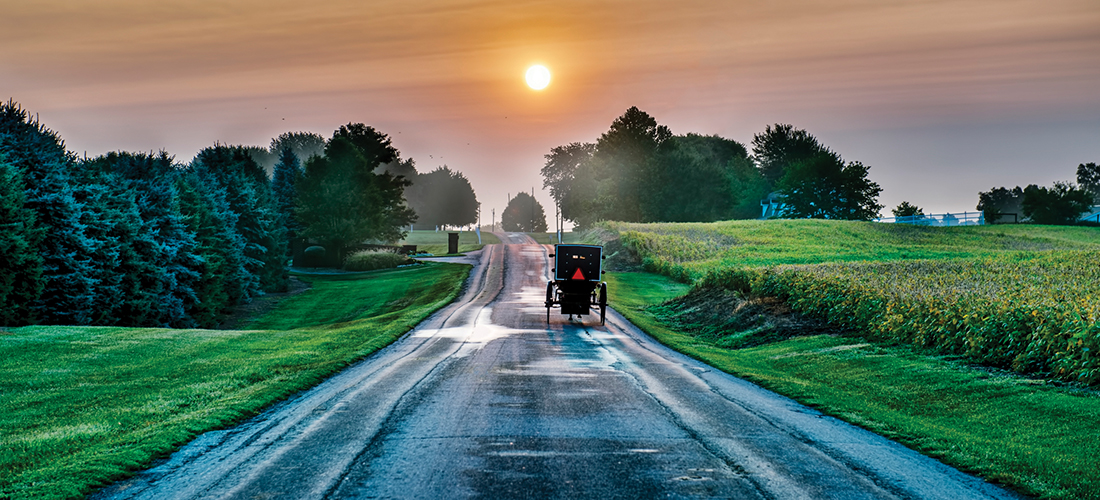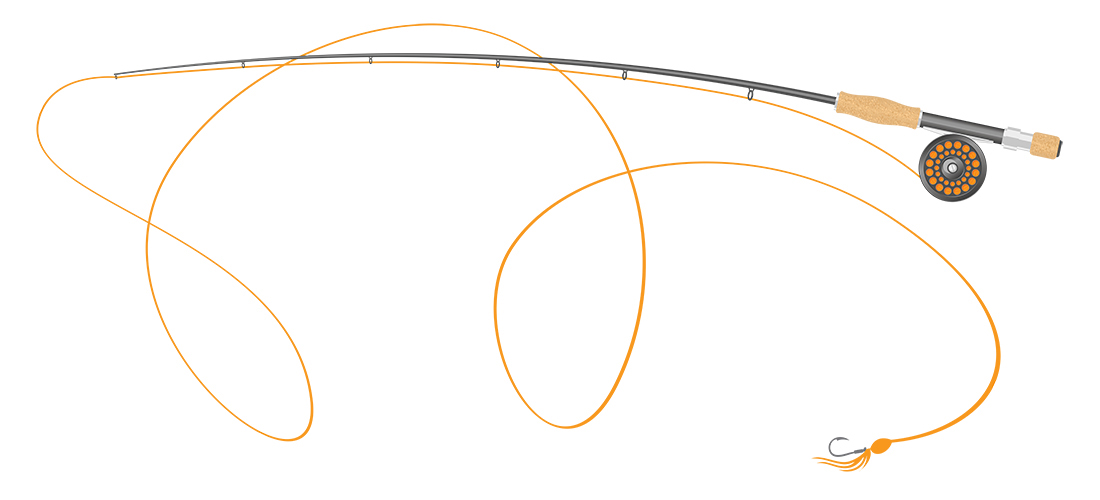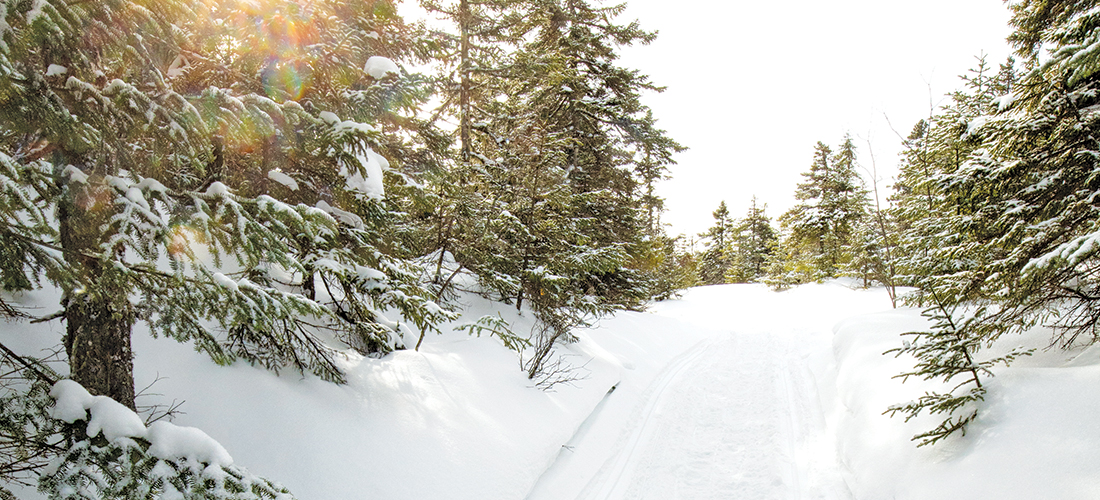Simple Life
My Poetic Summer Vacation
Like dessert, the sweetest endings are meant to be shared
By Jim Dodson
Whenever our friend Joe comes to supper, he helps himself to a slice of my wife’s carrot cake before we all sit down to the meal. His philosophy, simple and sweet, is “Life’s short. Better eat dessert first.”
Sometimes, though, the best things come later in life.
More than a year ago, mired in a world shut down by COVID, I proposed to my wife that we take our far-flung American clan to Scotland to celebrate her birthday and the playing of the 150th British Open Championship. It would be our first family summer vacation in more than half a dozen years.
As is always the case in revolutions and family vacations, success lies in careful planning. With grown children and two sets of parents converging from compass points as disparate as Los Angeles, Chicago, New Jersey and North Carolina, it took no small amount of coordination to finalize a game plan.
Fortunately, I am married to a woman who could organize a convention of drunken anarchists. With her usual efficiency, Dame Wendy promptly arranged flights, secured tournament tickets, parking passes and rental cars, and booked a dwelling in the East Lothian village of North Berwick, a place I’ve returned to many times since the early 1980s.
Though I’d been to St. Andrews many times in my long golf-writing career, the chance to attend the oldest golf championship in the birthplace of the game was something I’d dreamed of doing since I was knee-high to a ball washer.
So was another bucket list item for the eternal English Lit major in me.
Long a student of English romantic poetry, especially that of William Wordsworth, I’d always hoped to someday find my way to Tintern Abbey in Wales, the ancient ruin on the River Wye that inspired England’s greatest Romantic poet to write one of his most beloved poems of the same name.
It was my clever wife who suggested a way to check two boxes with one trip. By flying to London a few days before the clan assembled in Scotland, we could take our own sweet time motoring through the countryside to Scotland, taking in the abbey and maybe even the Lake District, where the poet once resided.
England’s Romantic Age of poetry was, in large part, a reaction to the 19th Century’s bleak industrialization that robbed mankind of its intimate connection to nature. The world is too much with us; late and soon, warned old Bill Wordsworth. Getting and spending, we lay waste our powers; Little we see in Nature that is ours; We have given our hearts away, a sordid boon!
Unfortunately, in the hours before we set off, the world still seemed very much with us.
News reports of transportation strikes and acute shortages of workers described travelers stranded at airports and train stations amid thousands of pieces of lost or unclaimed luggage. Queues were said to be hours long at London Heathrow, the epicenter of traveler chaos. To add to the fun, Boris Johnson’s abrupt fall from grace had unleashed the usual jamboree of warring cabinet ministers eager to take possession of 10 Downing Street. Meanwhile, weather forecasters were warning of the deadliest heat wave to hit Britain since Medieval times.
Remarkably — I’m not sure how — we managed to escape the madness, with luggage, golf clubs and most of our dignity still intact, speeding on to the gorgeous Welsh countryside in a zippy eco-rental car.
Few of the world’s iconic landmarks have made my proverbial jaw drop as did the first sight of ancient Tintern Abbey (circa 1131) as we rounded a high meadow curve above the winding River Wye. There it rose in the vale below, startlingly large and bigger than life. Scarce wonder Old Bill was inspired by his first sight of this setting: O sylvan Wye! thou wanderer thro’ the woods / How often has my spirit turned to thee!
Two hours of exploring the quiet abbey ruins followed by a plowman’s lunch of crusty bread, local cheese and good Welsh ale, sent us up the River Wye Valley hungering for more. Over the next three days, in fact, we wound our way to the Lake District along rural backroads and narrow hedgerow lanes, pausing only to hike through spectacular forests and explore ancient market towns, including Ludlow, where my other favorite English poet, Alfred Edward Housman, set his famous paeon to over-indulgence: Terence, this is stupid stuff: You eat your victuals fast enough; There can’t be much amiss, ’tis clear, To see the rate you drink your beer.
To our good fortune, Ludlow’s famous summer food festival was just getting underway, so we briefly joined the fête, discovering what Housman meant when he added: And malt does more than Milton can / To justify God’s way to man.
By the time we reached our cottage in Scotland, I almost felt like a man who’d managed to shed the stresses and cares of modern life, just in time to celebrate an ancient game’s birthplace and The Open’s historic sesquicentennial.
By design, we’d arranged tickets for the first and final day of the competition, allowing time for me to introduce my future son-in-law and his golf-mad papa to a trio of the most celebrated links courses in Scotland. As usual, the stout North Sea winds took a heavy toll on our scores, but we loved every minute of the challenge. Like Joe with his carrot cake, it was the perfect appetizer for the main course to come across the Firth of Forth at St. Andrews.
The hottest and driest summer in memory left the Grand Old Lady (as St. Andrews’ Old Course is fondly called) at her most exposed in many a year. But to the record crowd of 290,000 on hand to shout and serenade their favorite players, that mattered little.
The theme of this year’s historic Open — displayed on everything from grandstands to golf caps — was “Everything Has Led To This,” a fitting coda for one who finally made a journey he’d dreamed about since boyhood.
The finish was predictably rowdy and wonderful. In the end, the veteran favorite faded with dignity, allowing for a young and promising upstart to have his name carved on the coveted Claret Jug, joining 149 previous Champion Golfer(s) of the Year.
My favorite moment, however, came when I walked my daughter and her intended through the iconic Royal & Ancient clubhouse, home to the keepers of the game, where I’ve had the good fortune to be a member for many years. Old friends and fellow members made them feel most welcome.
“Dad,” she said, clearly moved by the history and pageantry around us, “thank you for bringing us here. I never imagined anything so beautiful.”
It was one of those moments that felt, in retrospect, a bit like a homecoming and a farewell. Whichever it was, I shall never forget it.
Her words even called to mind my favorite lines from Old Bill’s Tintern Abbey, the perfect coda to a poetic summer journey:
To them I may have owed another gift,
Of aspect more sublime; that blessed mood,
In which the burthen of the mystery,
In which the heavy and the weary weight
Of all this unintelligible world,
Is lightened: — that serene and blessed mood,
In which the affections gently lead us on OH
Jim Dodson can be reached at jwdauthor@gmail.com.

